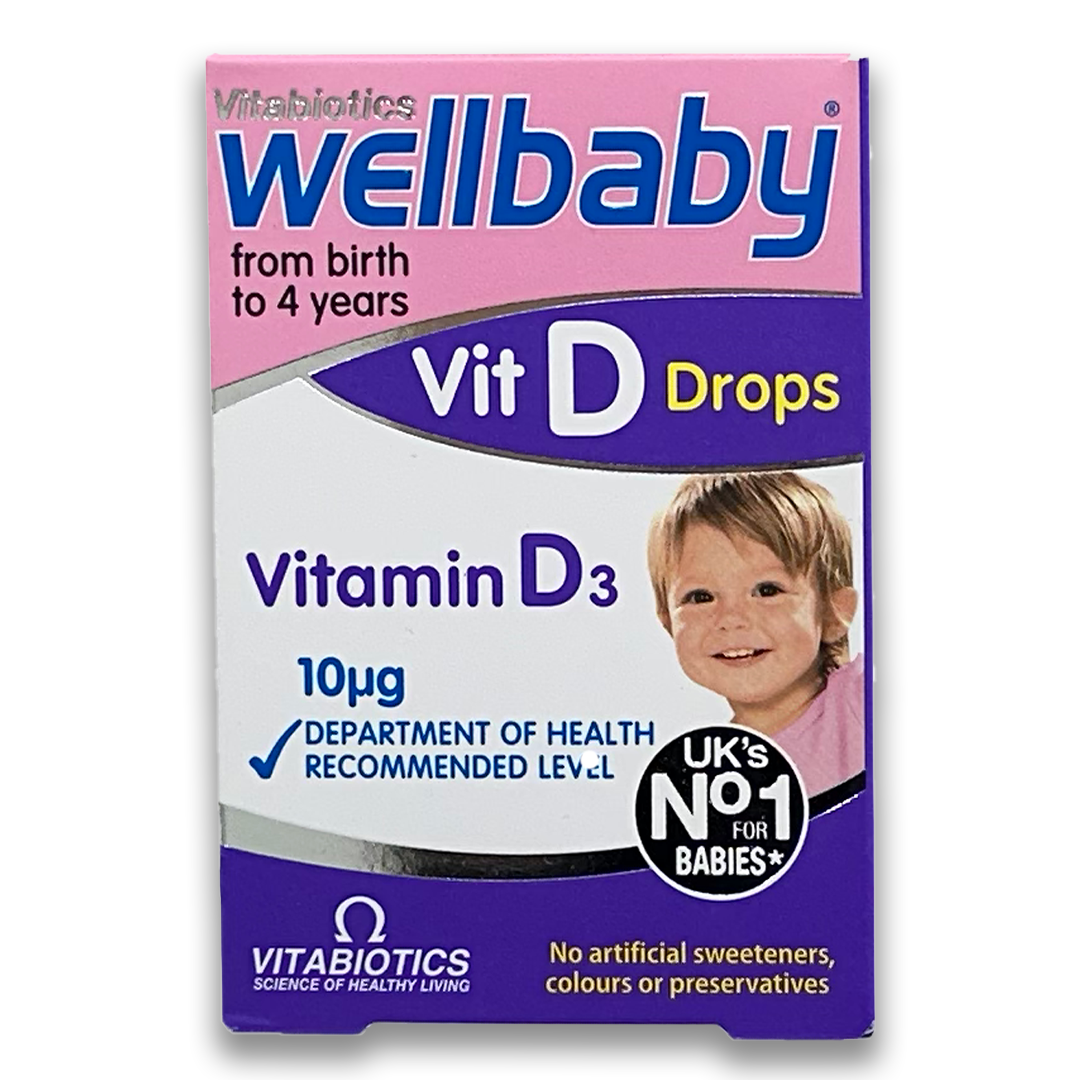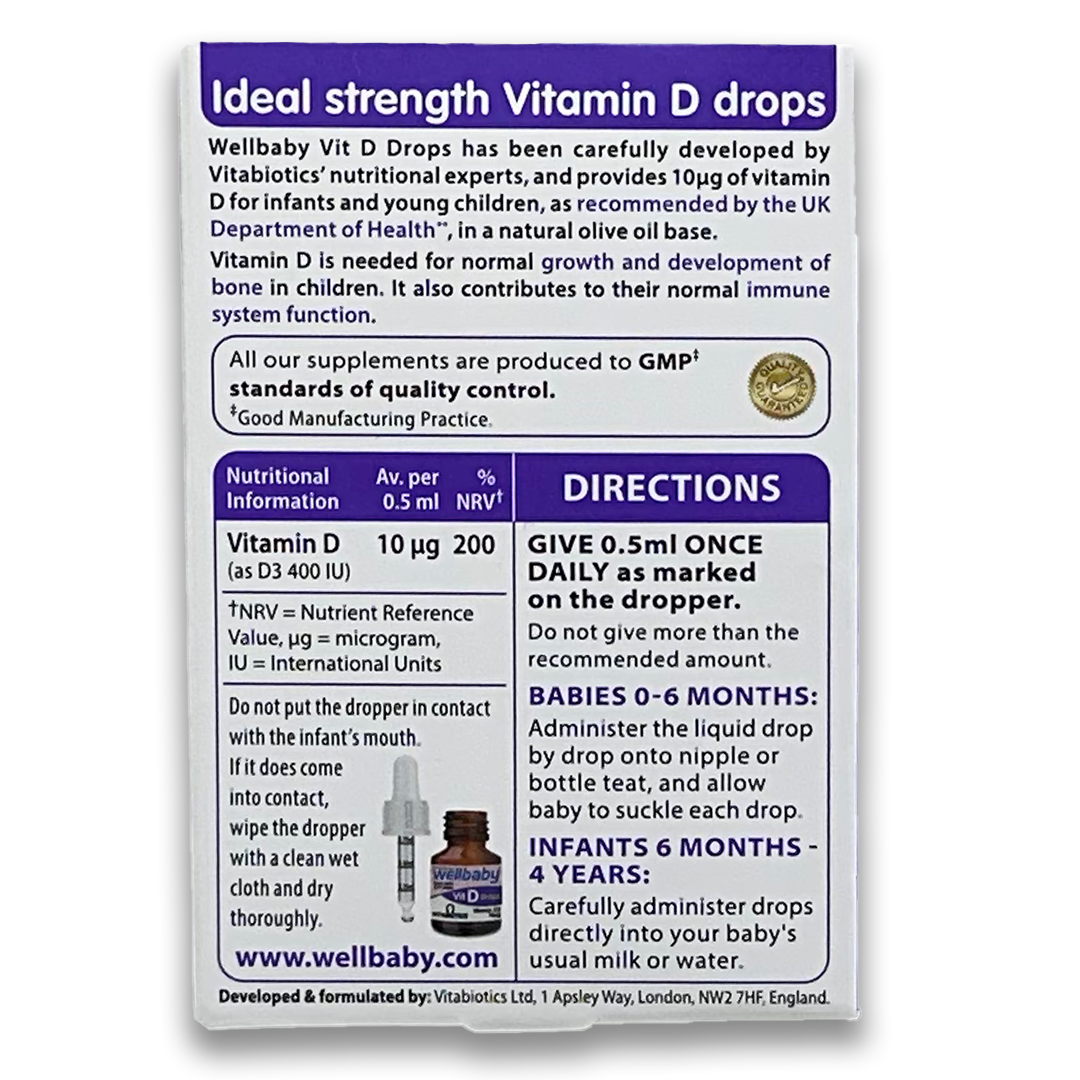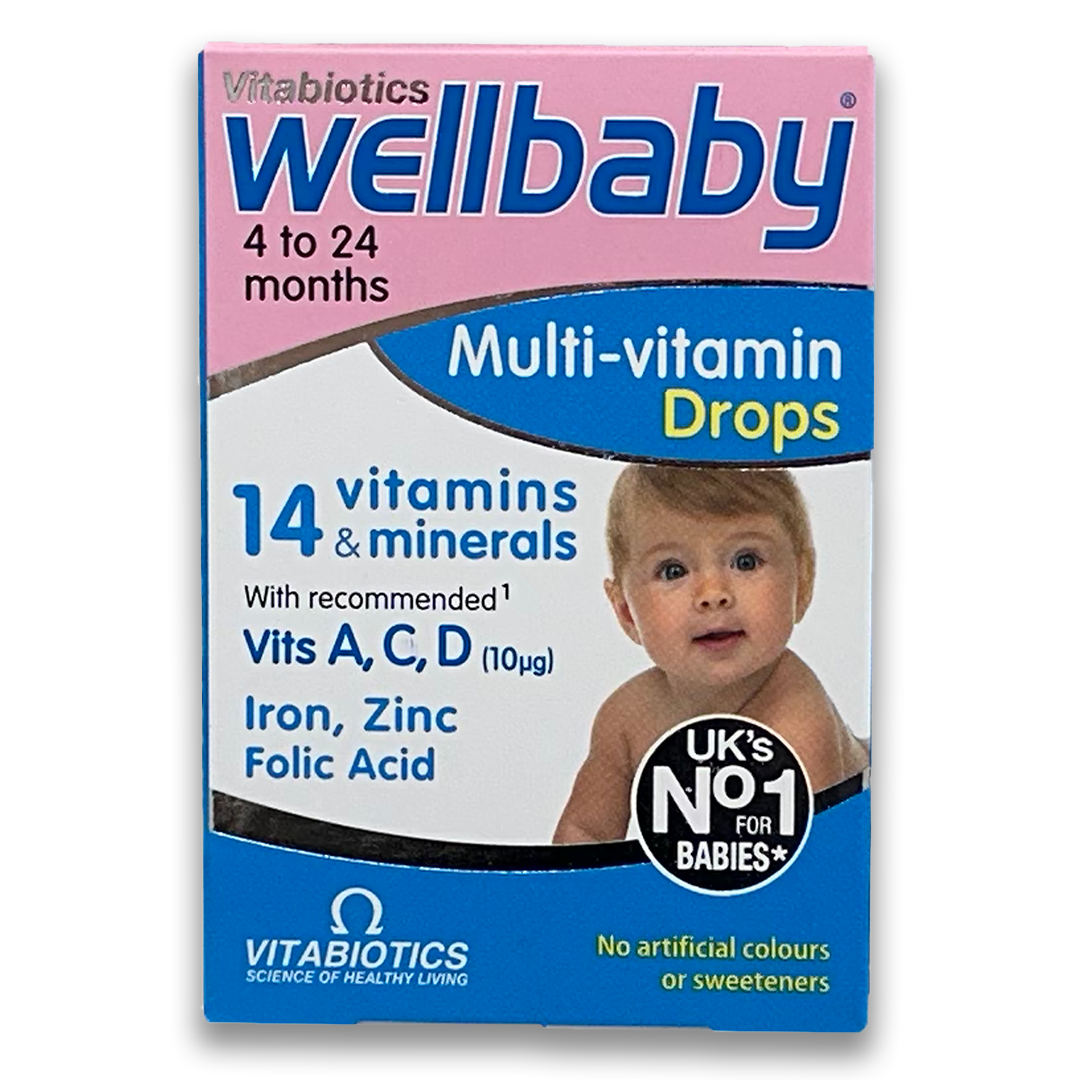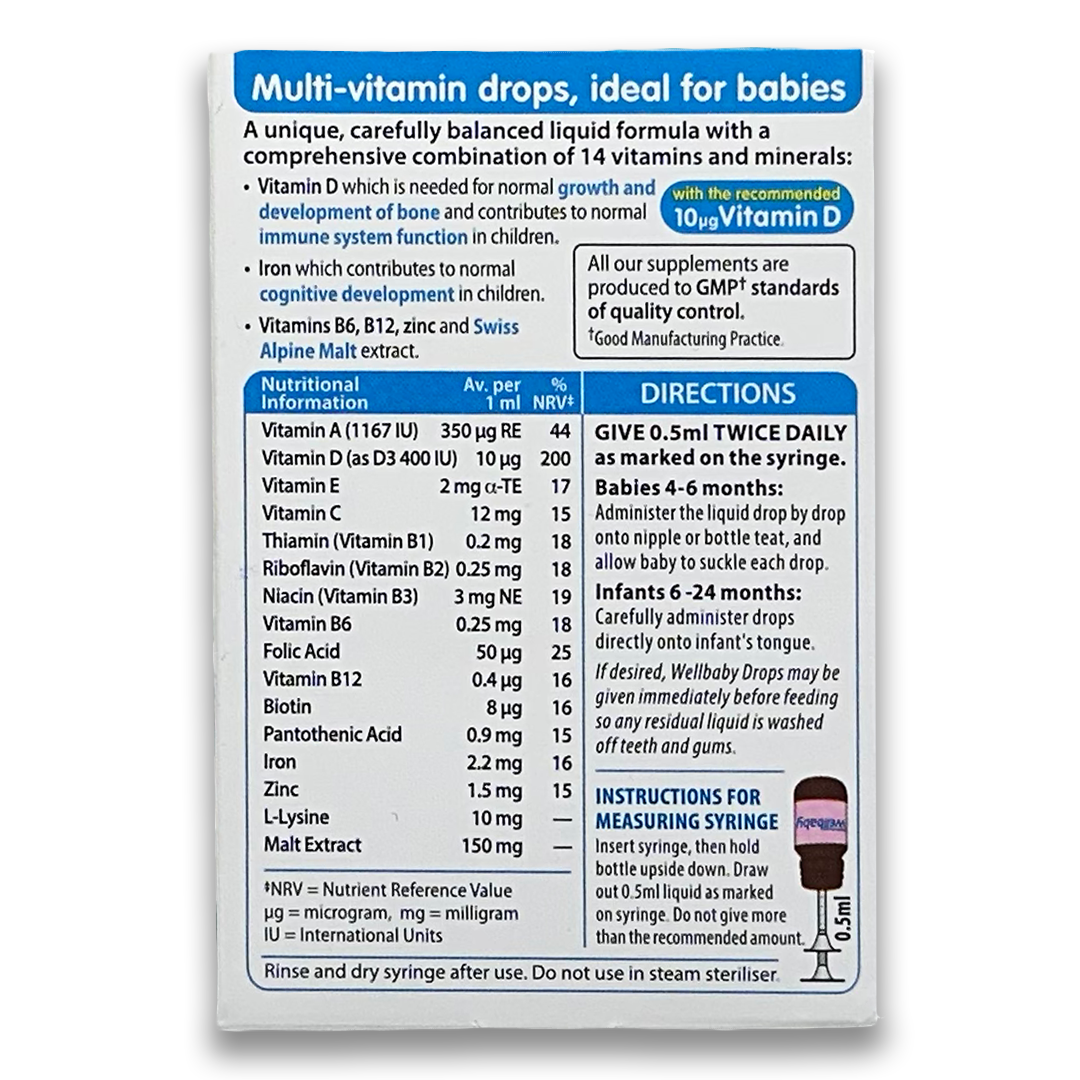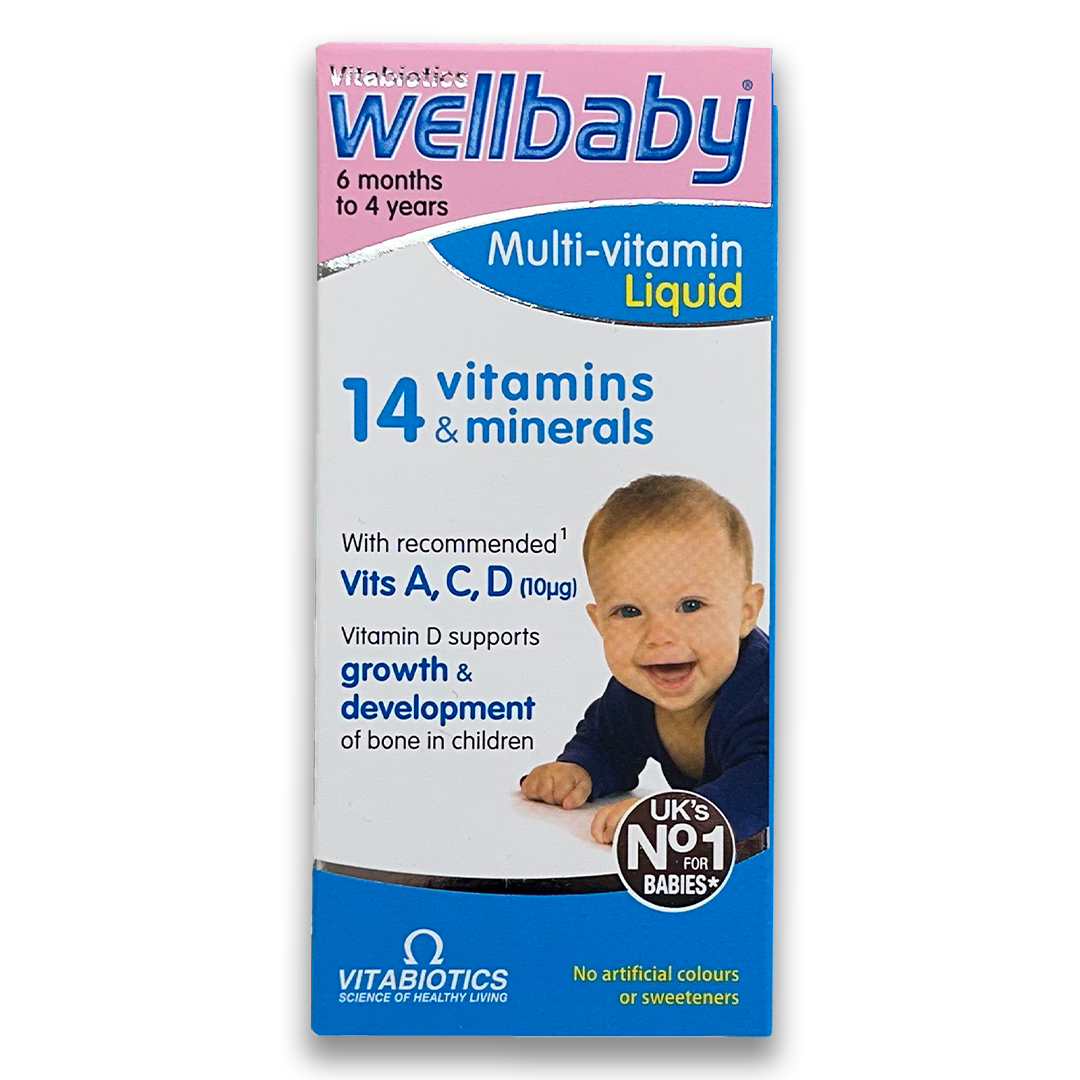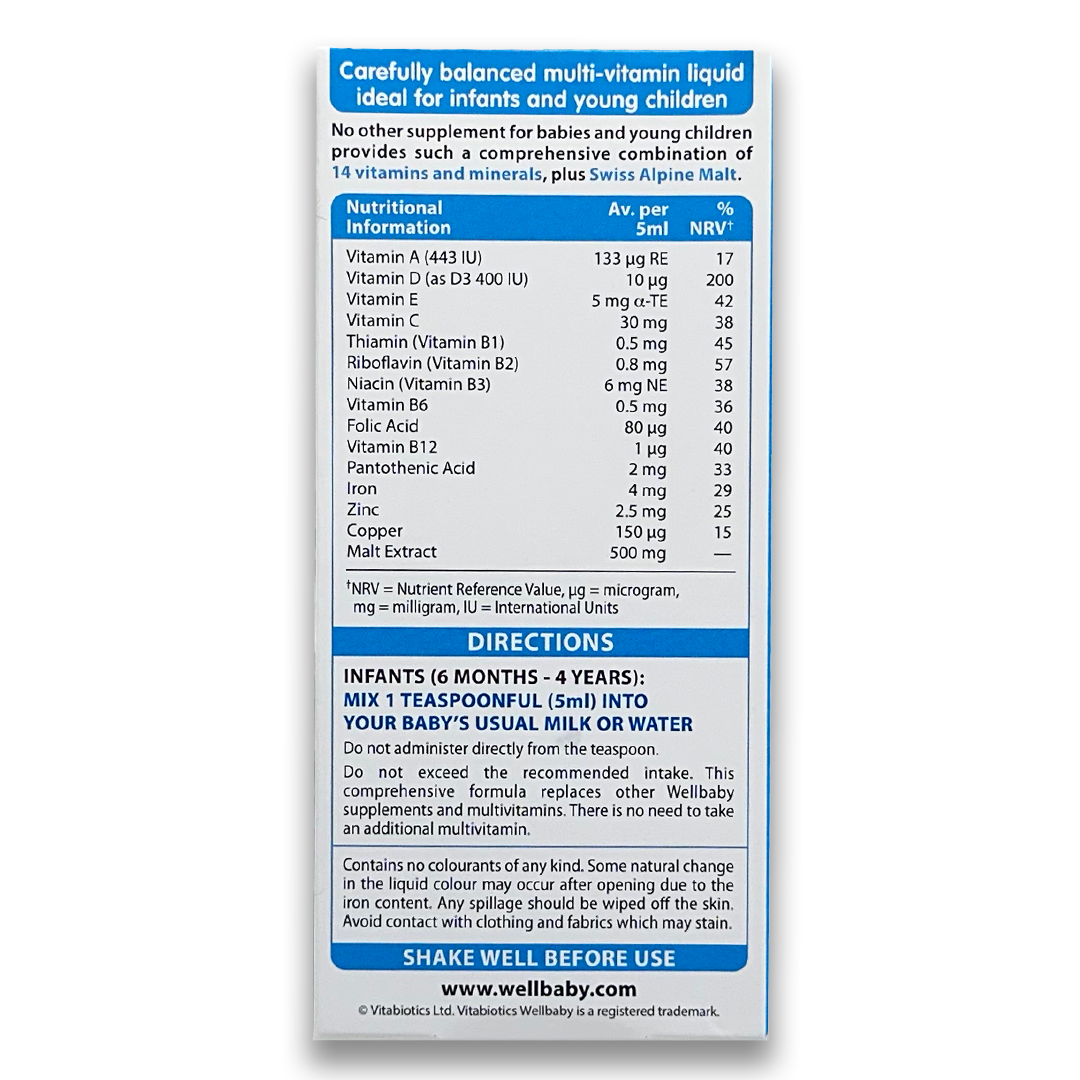About Children's Supplements & Vitamins
Cause
Diagnosis
Treatments
Prevention
Further Info
FAQs
When is it appropriate to start using supplements for my baby or child?
Are there any potential risks or side effects associated with baby and child supplements?
Can I rely on a child's diet alone to provide all the necessary nutrients, or are supplements necessary?
How can I ensure that my child is getting the right supplements in the correct dosage?
We are here to help 👋
For assistance, please contact our customer service at info@rightangled.com. We are available Monday to Friday from 8 am to 5 pm. For urgent issues, please do not use this email. Instead, call 111, or dial 999 in case of an emergency.





